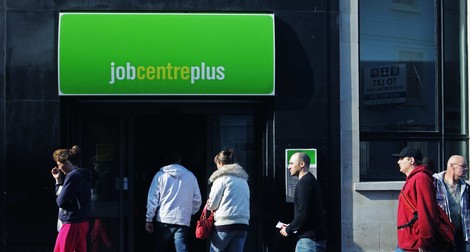Your podcast discovery platform
Curious minds select the most fascinating podcasts from around the world. Discover hand-piqd audio recommendations on your favorite topics.

piqer for: Boom and bust Globalization and politics Global finds
Associate Professor of Economics at George Mason University and currently a National Fellow at the Hoover Institution, Stanford. Educated at Oxford, Mark's main interests lie in economic history and comparative development. He is currently writing a book (with Noel Johnson) on the origins of religious freedom in western Europe. He has also published papers on state formation in Europe and China, weather shocks and pogroms in the middle ages, and private policing in 19th century England. More details about his research can be found on his webpage. He also blogs at Medium and Notes on Liberty.
The Free Market Or A Welfare State — Why Not Both?
Trade is crucial for prosperity. But it also creates winners and losers. Creative destruction is the engine of economic growth. But what about those whose jobs are "destroyed" by trade, innovation, and new technologies? Understandably they may turn against economic openness and demand tariffs and protectionist policies. Such a backlash endangers economic growth.
In this piece, Samuel Hammond of the Niskanen Center argues that markets and free trade need to be complemented by a system of social insurance. Viewed this way, he argues, markets and the welfare state can be complements rather than substitutes.
He examines the impact of the so-called "China shock" that resulted in job losses and economic dislocation in the manufacturing heartland of the US. Hammond's argument is that protecting jobs in manufacturing would be extremely costly. But if we don't offer displaced workers any protection, then they will be tempted by populism. His proposed solution is a more generous social insurance system, but one that protects one's income rather than one's job. The model for such a system is Denmark's system of "flexicurity". Such a system would, he contends, increase economic dynamism, allowing workers to take on more risks and incentivize them to retrain and relocate in response to economic shocks.
Of course, there are many unresolved issues. A small economy like Denmark might be able to implement a system of generous social insurance that would be impossible in a larger and more heterogeneous society like the US. But Hammond's piece is a thought-provoking attempt to move between the market-state dichotomy.
